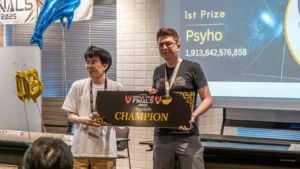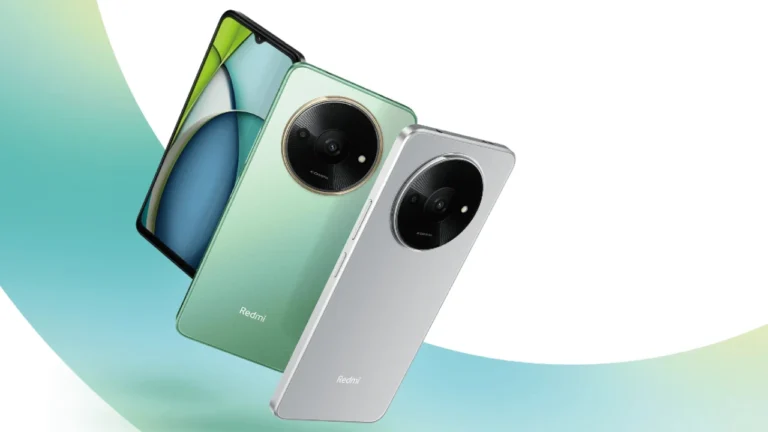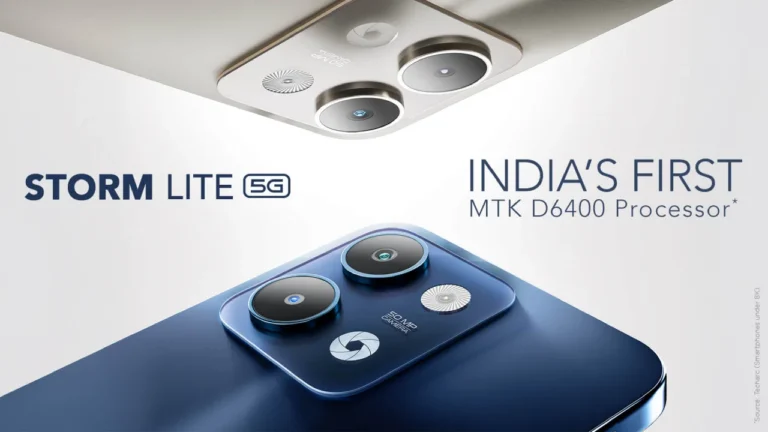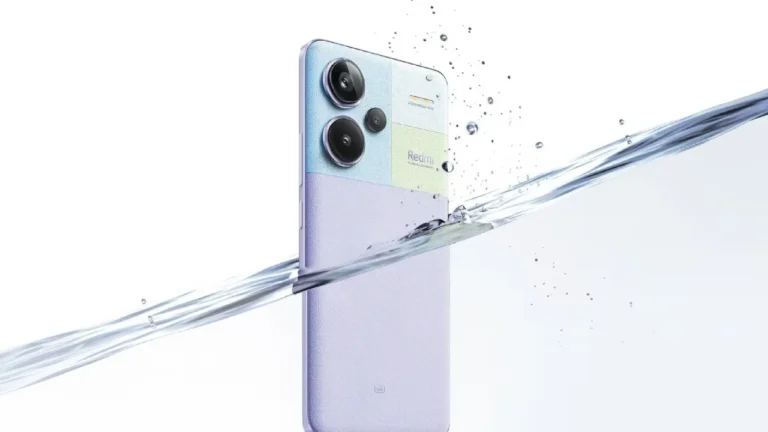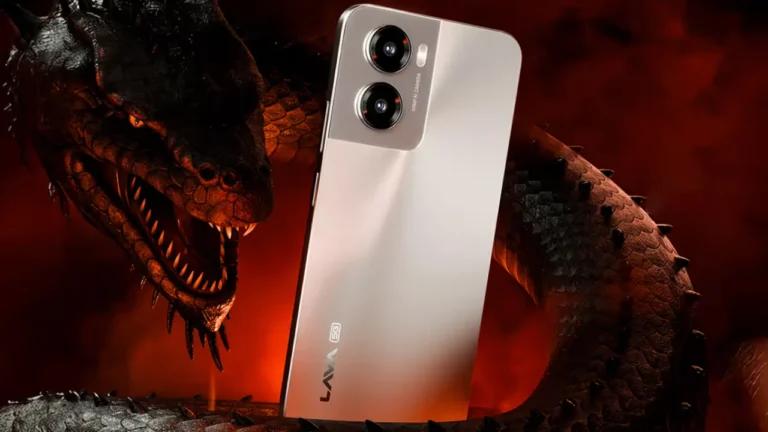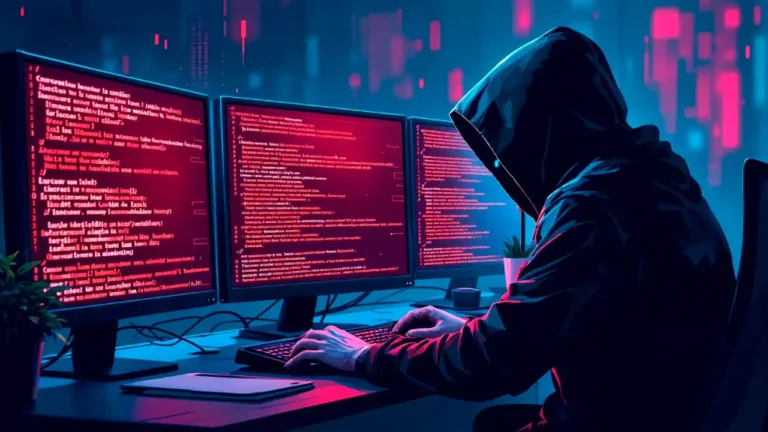Human vs AI: A 10-Hour Coding Marathon Ends with a Human Victory
In a world increasingly driven by artificial intelligence, a surprising outcome from Tokyo’s AtCoder World Tour Finals 2025 has captured global attention. In a one-of-a-kind contest, a human programmer outperformed a powerful AI model built by OpenAI, proving that human creativity, intuition, and resilience are far from obsolete.
The Battle of Code: Man Against Machine
The event was the final round of one of the most prestigious coding tournaments—AtCoder World Tour Finals, known for its focus on heuristic programming challenges. For the first time, the competition welcomed an AI contestant. OpenAI introduced its advanced custom model, branded “OpenAIAHC”, specifically trained for this coding marathon.
Pitted against twelve of the world’s top-ranked human programmers, the AI was expected to dominate. But Polish programmer Przemysław Dębiak, also known by his online handle “Psyho,” had other plans.
Tokyo Showdown: AI’s Speed vs Human Strategy
The 10-hour contest required participants to find an optimal path for a robot across a 30×30 grid—an NP-hard optimization problem with countless possible solutions. The twist? Contestants could not access external tools or documentation. The challenge relied entirely on problem-solving intuition and creativity.
Dębiak, a former OpenAI engineer himself, used Visual Studio Code with only basic autocomplete enabled. His strategy relied on heuristics—a method of finding “good enough” solutions using intelligent shortcuts rather than brute-force precision.
Despite being physically and mentally exhausted, he edged out OpenAI’s AI model by a margin of about 9.5%. The human touch, it seemed, still had its edge.
“Humanity Wins (For Now)!”
Following his victory, Dębiak shared on X (formerly Twitter): “Humanity has prevailed—for now!” He admitted to sleeping barely 10 hours over three days leading up to the event and described the experience as one of the toughest he’s ever faced.
Contest administrator Yoichi Iwata acknowledged that while the AI excelled in speed and precision, it struggled to match the unpredictable, creative flexibility shown by Dębiak.
Can AI Outperform Humans?
Artificial Intelligence is evolving fast. Tools like GitHub Copilot are used by over 90% of developers daily. Stanford’s 2025 AI Index revealed that AI coding accuracy skyrocketed from 4.4% in 2023 to 71.7% in 2024.
Still, this contest reminds us that AI, no matter how sophisticated, lacks human adaptability, emotional resilience, and creativity—qualities often crucial in solving open-ended, complex problems.
A Symbolic Moment in Tech History
Dębiak’s win is not just a personal achievement—it’s a symbolic victory for humanity. In an era where AI is increasingly integrated into every aspect of our lives, this 10-hour showdown was a reminder that machines haven’t yet mastered what makes us uniquely human.
He himself acknowledges that future contests could have different outcomes. “It’s easy to imagine a scenario where the AI would win,” he said. “But this time, it didn’t.”

